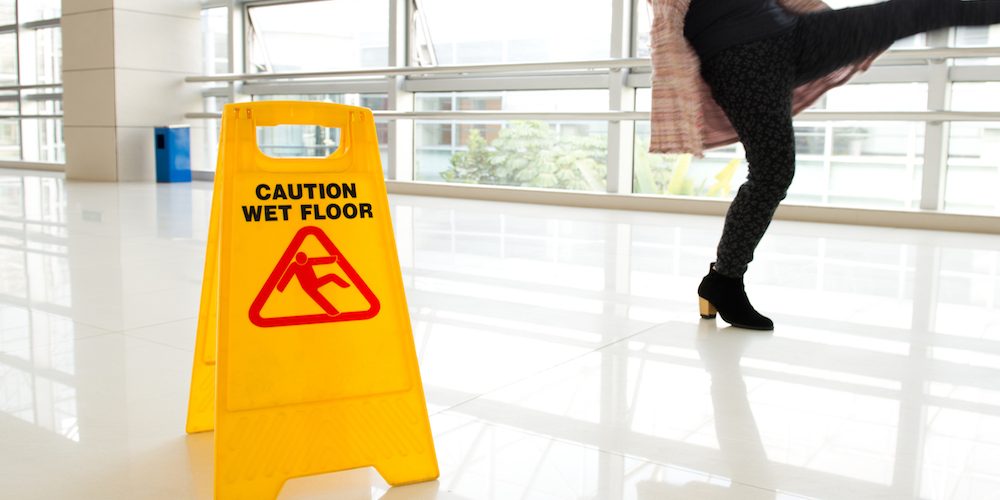This post was provided by Roger Dutta
Every small business owner should have a complete understanding of the inherent risk involved in owning (and operating) their business. No matter what industry you’re a part of, you undoubtedly have a certain level of risk (in regards to your business having legal liability for some aspect of its operation).
This is especially true for small businesses in the United States, where the average million-dollar small business spends $20,000 per year in dealing with issues relating to lawsuits. The US has very lax laws surrounding lawsuits; over 40 million of them are filed every single year. If that statistic doesn’t have you thinking about your business’s liability strategy – I’m not sure what will.
The sections below are a complete overview of what’s available for your business from a liability insurance standpoint. Coverage types, requirements, drawbacks, and benefits are all covered.
What’s Covered By a General Liability Policy
General liability insurance is one of the most common forms of business insurance out there. At its most basic level, it provides liability coverage for your business in the event of property damage/bodily injury (with the victim then taking legal action against your business).
Bodily injury and property damage claims can cost your business tens of thousands of dollars (minimum). Does your business have the funds necessary to hire a law firm, pay the court fees, and (most likely) settle out of court? The majority of lawsuits in the US are filed against small businesses. This means that you need to be fully prepared not for if a lawsuit happens, but when it will happen.
Having a general liability insurance policy for your business means having an additional layer of protection from the financial damage that a lawsuit can cause. Examples of some common situations that a general liability policy will protect your business from includes the following:
If someone gets injured at the place of your business, or otherwise damages their property while on your business’s property. An example of this would be someone slipping while shopping and then deciding to sue that business for damages.
Protection from having to be held liable for damage to a third party’s property. One of the best examples that can be used to explain this is if you were renting out an office, and a fire broke out (originating from your office). The landlord would most likely want to pursue legal action against you, and this is where a general liability policy will protect you.
When a business purchases a general liability policy, they will also be protecting their assets from a few other types of claims. One of the most common types of lawsuits in the business world revolves around reputation.
For example, if company A posts something bad about company B on social media, and then company B experiences substantial business fallout from that, company A can be held liable.
General liability policies protect businesses from the financial responsibility of dealing with such issues. However, it’s important to note that different insurance providers have different coverage options, and not every business needs every single type of coverage.
Before you purchase any insurance policy for your business, you need to understand exactly what your weaknesses/vulnerabilities are. Only then will you be able to adequately protect your business from financial liabilities.
What to Consider Before Purchasing a Policy
Generally speaking, three different things can affect exactly how much coverage your business will need:
- What industry you operate in
- How much risk is inherent to your operation
- Where your business is located
While those three factors aren’t the only ones that can affect how much coverage you need, they’re the main ones. Other factors include the history of your business, size, number of employees, etc.
Any competent business owner will do a complete review of their business’s liability weak points before even starting their search for an insurance provider. Every business is different, and each one requires a different level of coverage. How much coverage you choose to purchase for your business will directly impact how much money the insurance premium will be.
Most general liability policies are relatively affordable (considering how much money that can save you should your business be sued). Remember though, that purchasing a low-cost insurance policy will probably mean that your business won’t have the best level of coverage (and vice versa). Always go for quality over price, especially when it comes to business insurance.
This post was provided by Roger Dutta.
He is a believer of the famous Einsteinian quote “if you can’t explain it simply, you don’t understand it well enough.”, Roger takes a dive into demystifying complex finance, business, and marketing topics for business owners and budding entrepreneurs.

